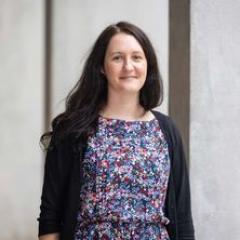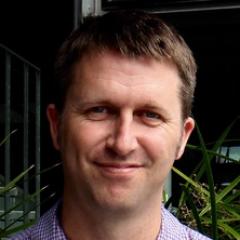Bridging the Digital Divide: Building Health Self-Efficacy through Communication-Accessible Online Environments
Aphasia is a communication disability that can affect speaking, reading, writing, and/or understanding. It affects approximately one third of stroke survivors. Increasingly, the Internet is needed to access information and essential services such as healthcare and support. Using the Internet requires skills in reading, writing, and understanding. This can be difficult for people with aphasia.
This research aims to co-design a software pack, called the Communication Accessibility Plug-in Pack (CAP-Pack), that will make it easier for people with aphasia to use the Internet.
CAP-Pack will consist of:
- A Communication Accessibility Plug-in (CAP) that will make websites aphasia-friendly.
- Training materials to support people with aphasia and health professionals to use the software.
- Guidelines for designing communication accessible websites.
CAP-Pack will also help family members and carers and health professionals working with people with aphasia to provide support for using the Internet.
How to be involved
The browser extension has been developed.
We are inviting people with aphasia, family members, significant others, and health professionals to:
- Test the browser extension.
- Attend an interview or focus group to share experiences with using the browser extension.
You can choose to participate in-person at the University of Queensland Herston campus or online using Zoom.
If you would like to participate in this research project, please fill out this form.
Project members
Chief investigators
- Professor Leanne Togher
Associate investigators
- Dr Scott Hollier
Postdoctoral investigators
Research investigators
Partner universities and organisations
- Centre for Accessibility Australia
- National Disability Insurance Agency
- Services Australia
- Australian Disability Network
- Stroke Foundation
- Australian Aphasia Association
Community and consumer involved organisations
A consumer advisory group of people with lived experience of stroke and aphasia will provide guidance and feedback on the research procedures and materials.
Research publications
Lee, J., Worthy, P., Deslandes, R., Burton, B., Copland, D.A., Jamieson, P., Barron, K., Togher, L., Shrubsole, K., Shiggins, C., Campbell, J.H., Hill, A.J., Wiles, J., Haslam, A. & Wallace, S.J. (Accepted). Bridging the digital divide for people with aphasia: A study protocol for co-designing web accessibility tools and guidelines. BMJ Open, 15: e099273. https://doi:10.1136/bmjopen-2025-099273
Contact
For more information on this research project, contact Dr Sarah Wallace:
s.wallace3@uq.edu.au
+61 7 3346 7453
For more information on participating in this project, contact Dr Jennifer Lee:











